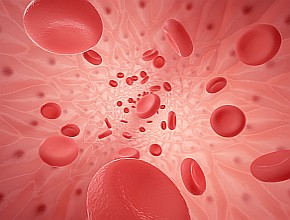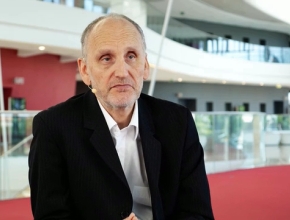What patients should not be restarted on anticoagulation therapy following an episode of severe bleeding?
James Douketis: Fortunately, in most patients who have bleeding while on an anticoagulant we can resume and we should try to resume anticoagulation because the benefits of resuming in terms of reducing risk for stroke and reducing overall mortality appear to outweigh the risks of more bleeding.
There is going to be a minority of patients where the bleeding risk is just too high, and these are patients that have rarer conditions. If it is gastrointestinal bleeding, if they have what is called GAVE, or gastric antral vascular ectasia, these patients tend to bleed a lot. If they have [high-grade] esophageal varices, those patients tend to bleed a lot. If patients have amyloid angiopathy in the brain, they may be at high risk for recurrent bleeding. The majority do not fall into those categories. And, of course, if patients have advanced metastatic cancer, certain types of cancer, they are more likely to bleed, especially if they cannot be treated.
We have to ask, “Which are the types of conditions where you just cannot anticoagulate?” This also requires a discussion with the neurologist, or oncologist, or gastroenterologist, because it is an important decision that you are making—“I am not going to anticoagulate that patient anymore.” Then maybe we go back to our previous scenario where we consider a low dose of a heparin or an aspirin alone to provide some antithrombotic efficacy. But the overall message is: try to resume anticoagulation. There are going to be some cases where you just cannot.
 English
English
 Español
Español
 українська
українська











